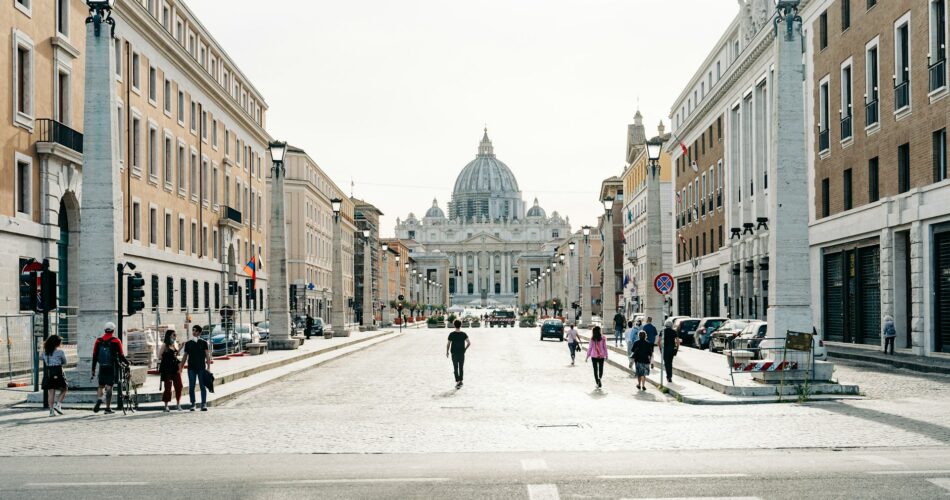Many people are calling him out.
Pope Francis recently faced controversy after allegedly telling a group of bishops that homosexual men should not be allowed to enter seminaries. During a private 90-minute meeting with over 200 members of the Italian bishops’ conference on May 20, he endorsed this stance, which is based on a 2005 document from Pope Benedict XVI’s administration. Reports from Italian media and an anonymous source, cited by the Jesuit publication America, indicate that Francis used a derogatory Italian term for the queer community in his remarks.
According to La Repubblica, the Pope emphasized the need to prevent gay men from becoming priests to avoid them leading double lives, secretly practicing homosexuality while serving in the priesthood. Although there is no official transcript, Francis reportedly used the term “frociaggine,” an offensive word for “queerness.” This has sparked debate, with some suggesting that Francis, whose first language is Spanish, might have inadvertently used the term incorrectly. The Catholic News Service confirmed through unnamed Italian bishops that the term was indeed used.
This incident contrasts sharply with Francis’s earlier, more inclusive comments on homosexuality. In 2013, soon after becoming pope, he made headlines by suggesting that homosexuals could be devout Christians, famously asking, “If someone is gay and he searches for the Lord and has good will, who am I to judge?” This statement was praised by LGBT organizations and interpreted as a sign of a more accepting attitude within the Church. However, Francis also distinguished between individual homosexuals and a “gay lobby,” which he deemed problematic.
In a 2023 interview with the Argentine newspaper La Nacion, Francis criticized “gender ideology,” describing it as a dangerous ideological colonization and differentiating it from pastoral care for individuals with different sexual orientations. This reflects his complex stance on LGBT issues, where he appears to support pastoral care while rejecting certain ideological frameworks.
In December, the Vatican, with Francis’s approval, allowed priests to bless same-sex couples, though this decision drew criticism. The Vatican clarified that these blessings do not officially recognize the couples’ status or alter the Church’s teachings on marriage. This nuanced approach highlights the ongoing tension and evolving perspectives within the Catholic Church regarding LGBT issues.
